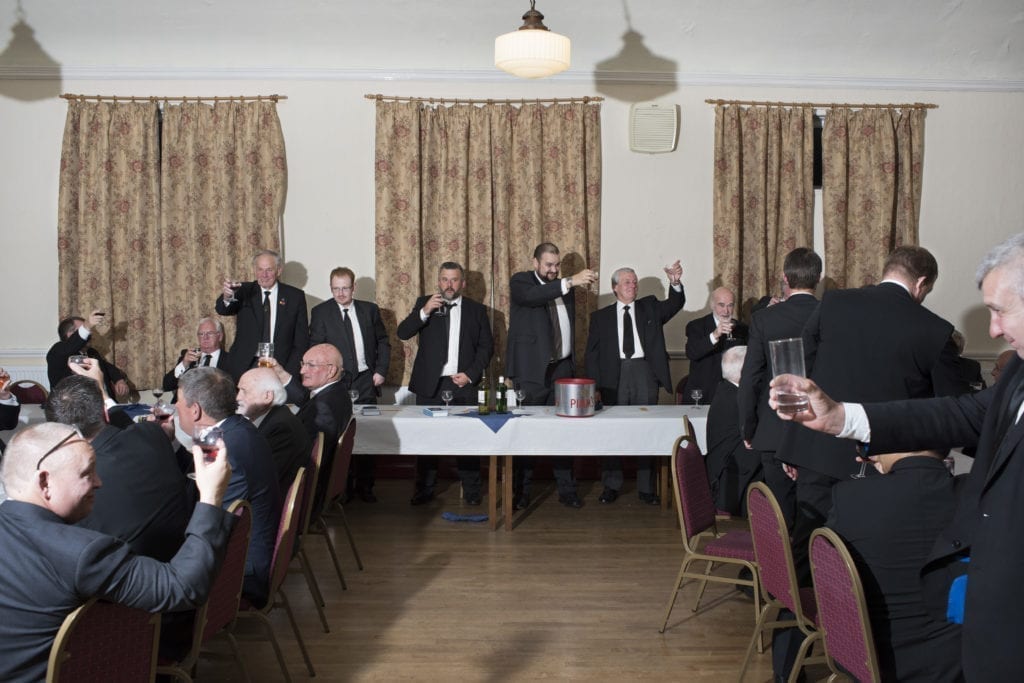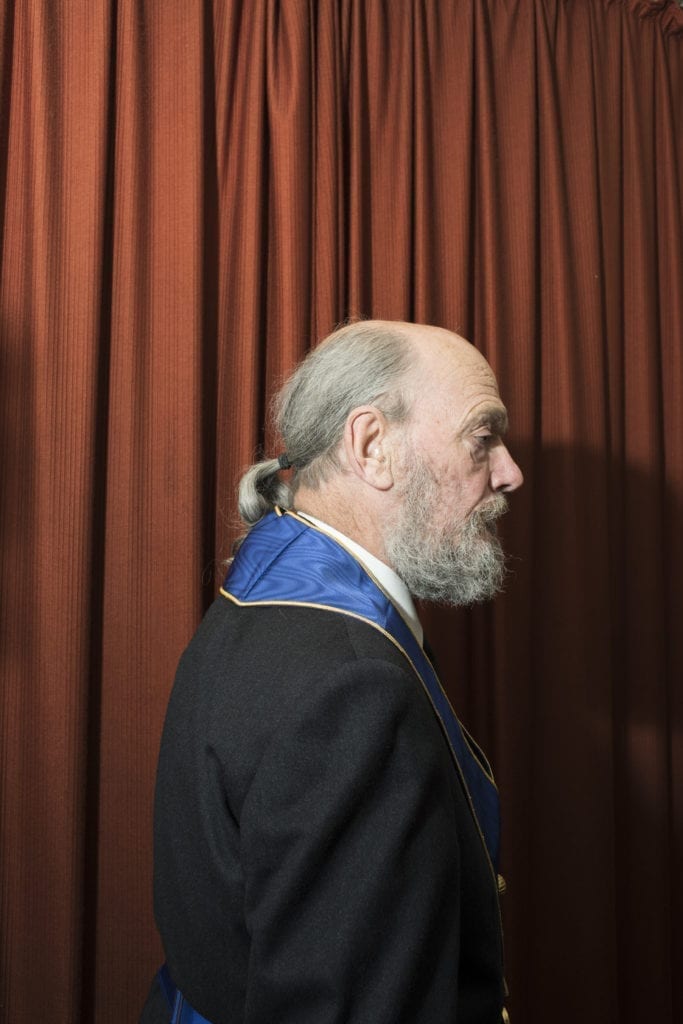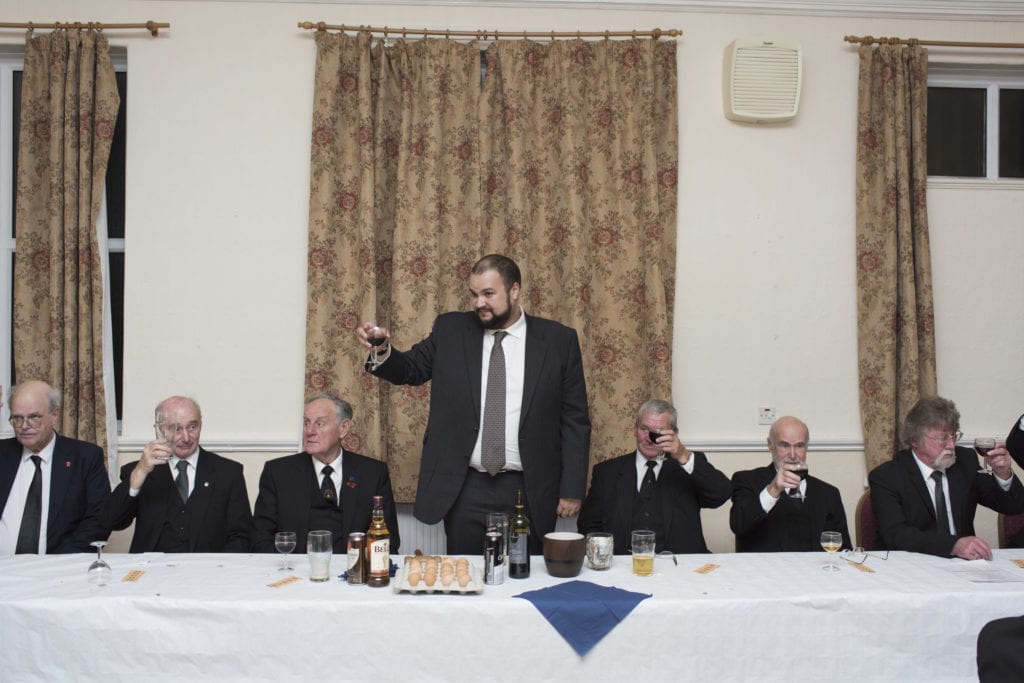In his latest exhibition, David Barnes explores community and social identity in South Wales – a topic that has fascinated him for 20 years.
Taking its title from a quote by cultural critic and historian Raymond Williams, Barnes’s In Solution is the culmination of four years’ work made with the support of Ffotogallery.
Barnes, who grew up in South Wales, immersed himself within the small, tight-knit communities in the Valleys and neighbouring border regions, observing and recording everyday life and rejecting the romanticised vision associated with the region.
“The whole idea of Wales as depicted in How Green Was My Valley? and all these things is a myth,” he says. “The things I want to look at aren’t being looked at, or aren’t very fashionable to look at. When I go into places like Tesco or Halfords, I see a community of individuals.

Modern Welsh culture is not this homogeneous idea of people standing on the hills singing and drinking pints of warm bitter. The real experience includes places such as retail parks as sites of globalisation.
“[Where there] were once small shops, with everything being very distinct and locally owned, there are now global corporations within which the community exists. How do we look at that and make it visually interesting?”
The project led him to pore over a square metre of public space, to photograph retail parks and factories, and to enter into the semi-secret homes of Masonic and pseudo- Masonic organisations.
It is the first time a UK artist has been granted long-term access, he explains, although there were restrictions – the Freemasons wouldn’t let him photograph their rituals but granted permission for the speeches, the comings and goings of members, Masonic parties, costumes and toasts.

“To me the toasting was the most incredible motif for what they did, and the community element of it,” says Barnes.
“It was almost like The Last Supper. I would rig the hall with lighting, get on a platform and keep photographing with a wide-angle lens. I became enamoured by it all.”
The images range from portraits to landscapes and close-ups of everyday objects through which Barnes uncovers narratives that are, on the face of it, commonplace, but at the same time uncomfortable and odd. There is a sense that all is not as it seems in this work.
“David Barnes is a great storyteller, capturing both the strange and the familiar,” says Ffotogallery director David Drake, who curated the show and is a long-standing supporter. “This exhibition offers a remarkable insider’s perspective on some extraordinary practices that lie behind everyday reality in Wales.

The work portrays daily life, ritual and relationships with positivity, understanding, empathy and grace, rather than cynicism and negativity.”
Describing himself as a “photographer of exhibitions”, Barnes is eager to show his work where it is made, using community spaces as well as established galleries.
His aim is not to present a singular representation of a place, but to create a conversation that plays out through video, installation and collected material, as well as photographs, he says.
“I’m interested in [exploring] more open ways of looking at documentary. My approach is always to wonder about the micro and the macro, the grain of sand and the whole world, the individual and community, and the relationship between them.”
In Solution at Ffotogallery will run until 3 December 2016. For more information, go here.
